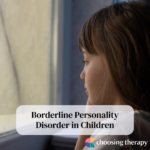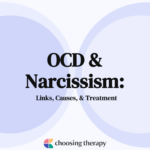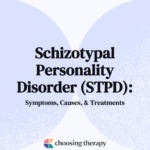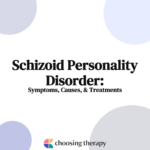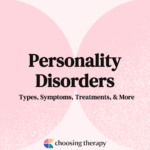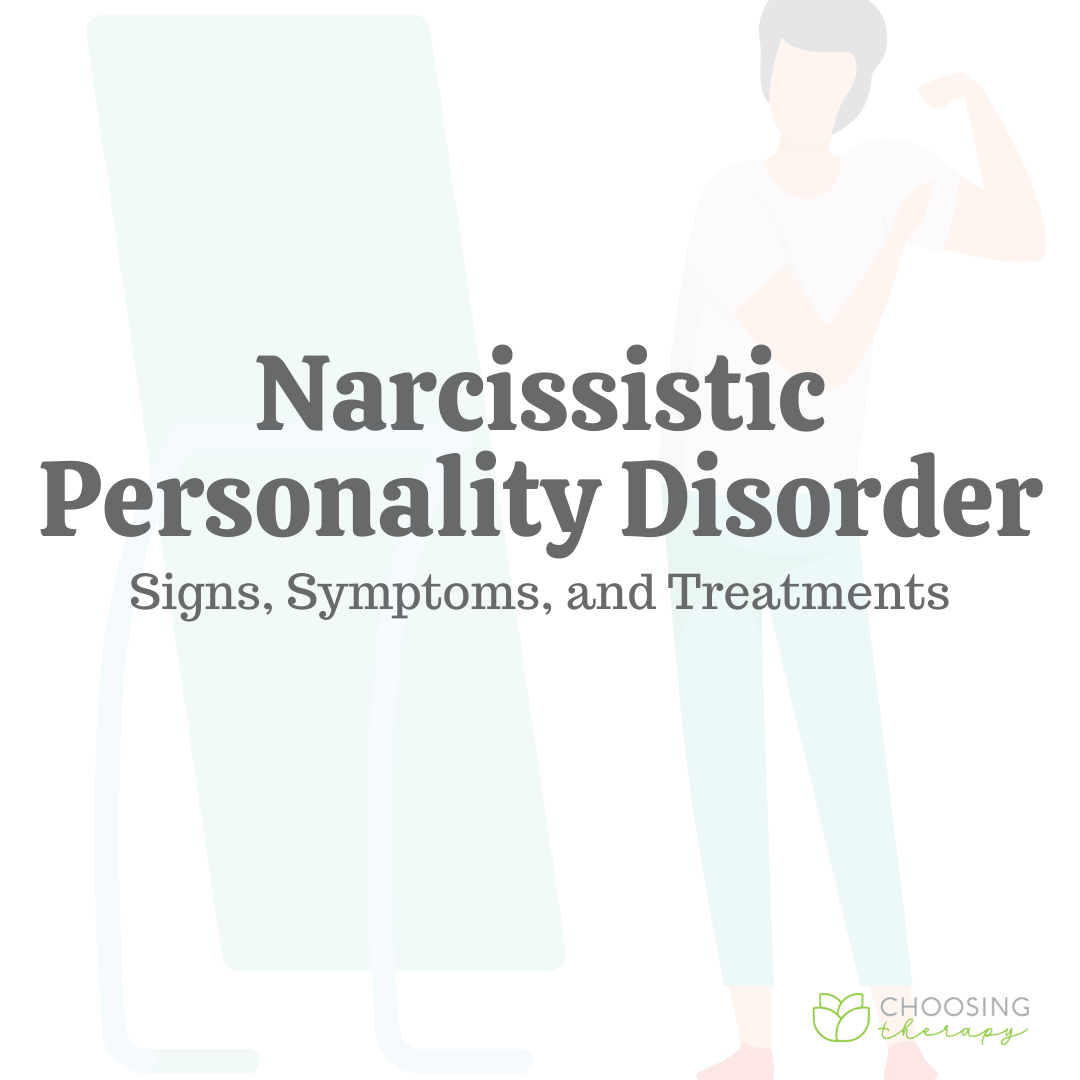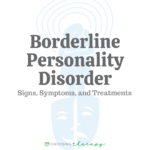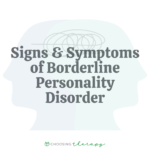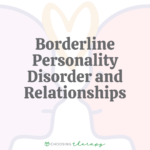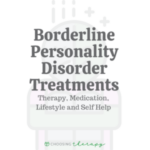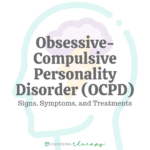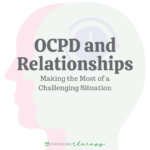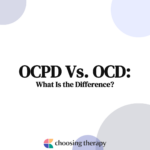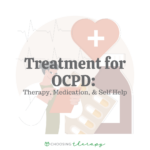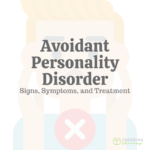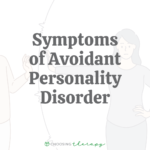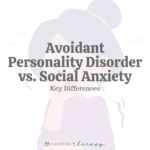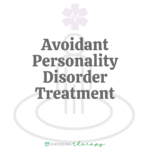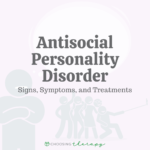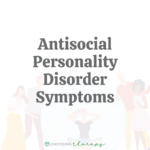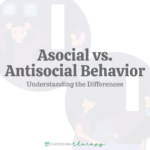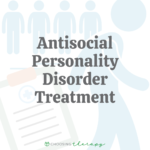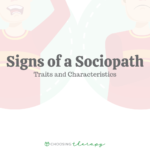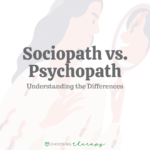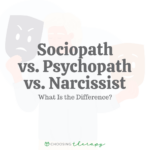
Learn More About Personality Disorders
Personality disorders are identified as being enduring patterns of behavior that are pervasive and inflexible. People with personality disorders have significant impairment in relationships, thinking processes, self esteem, and occupational functioning. Below you’ll find articles and resources to help you both understand and deal with personality disorders.
Featured Personality Disorder Articles
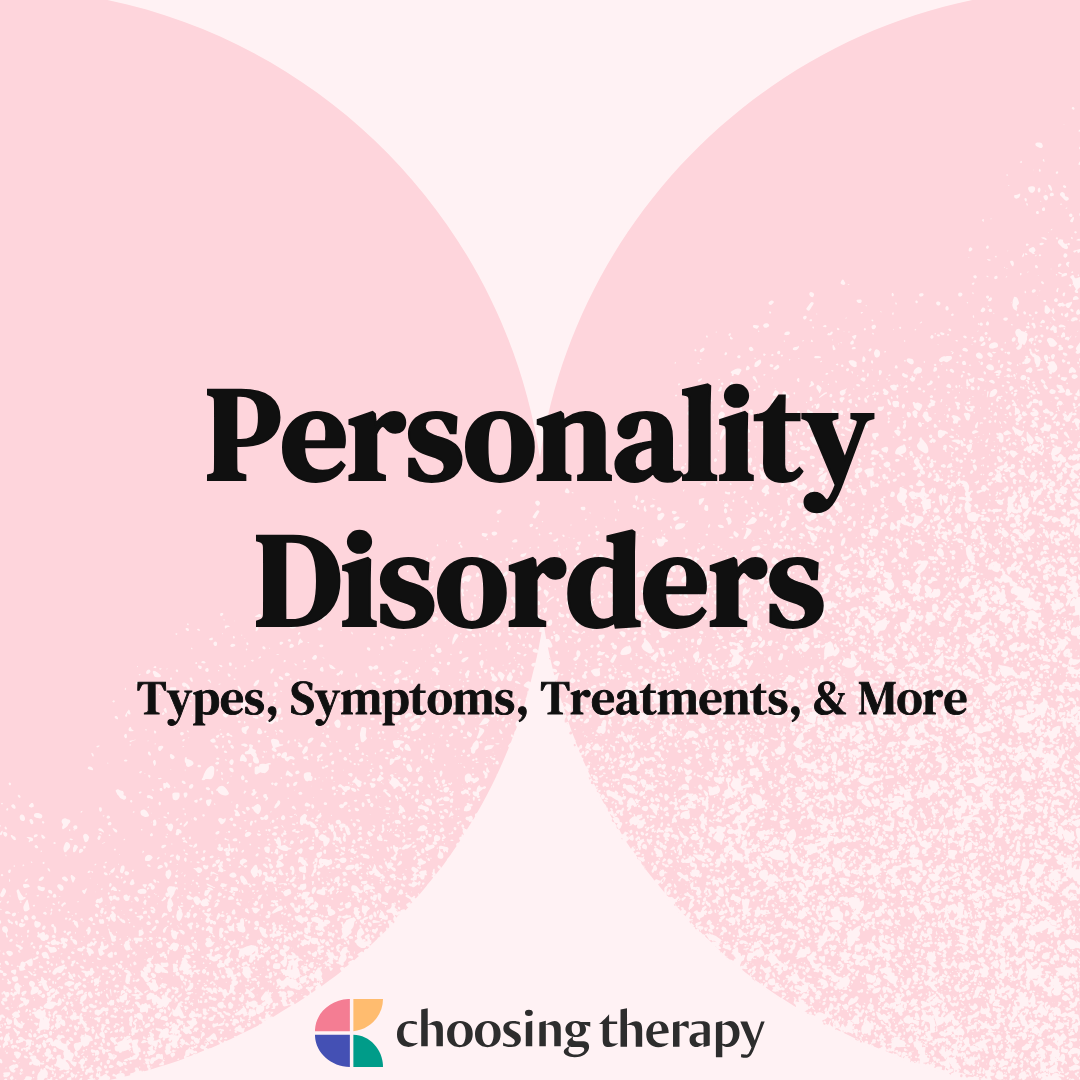
Personality Disorders: Types, Symptoms, Treatments, & More
Personality disorders are life-long conditions that impact behavioral patterns. Those experiencing personality disorder symptoms often report relationship problems, impaired overall functioning, and emotional distress. The DSM identifies distinct personality disorders categorized as Cluster A, Cluster B, or Cluster C diagnoses.
by: Gregory Moffatt, Ph.D.
Cluster B Personality Disorders: Types, Causes, & Treatments
Cluster B personality disorders is the subgroup of personality disorders which includes the tendencies to be dramatic, extremely emotional, impulsive, and manipulative. There are four distinct personality disorders within this cluster: Antisocial, Borderline, Narcissistic, and Histrionic. They are believed to be caused by early life experiences as well as genetic factors.
by: Dianne Grande, Ph.D.Narcissistic Personality Disorder

Borderline Personality Disorder

Obsessive Compulsive Personality Disorder

Avoidant Personality Disorder

Antisocial Personality Disorder

Psychopathy & Sociopathy
Read More About Personality Disorders
